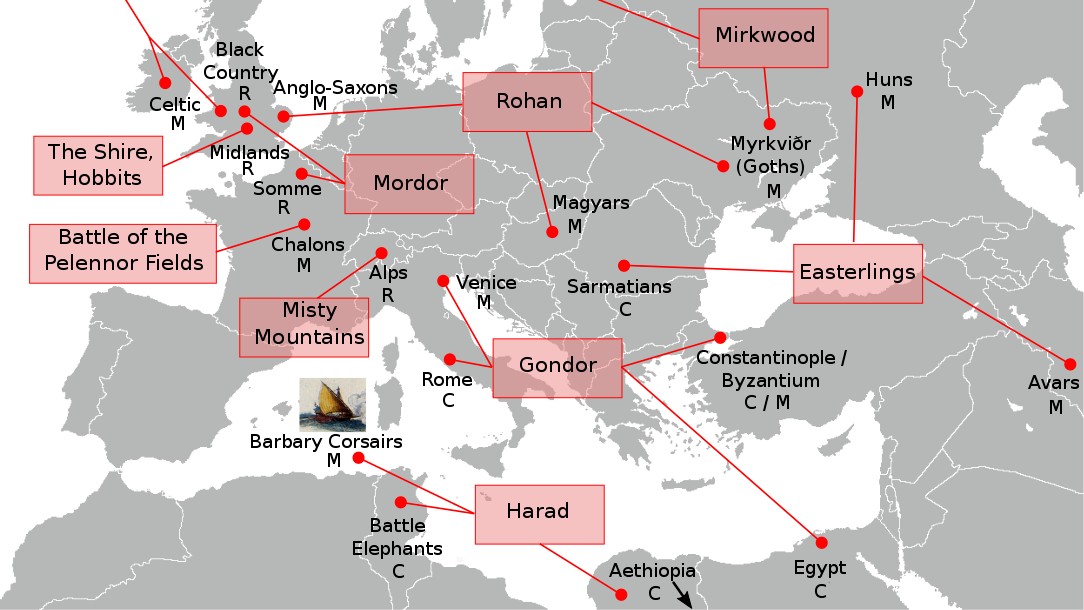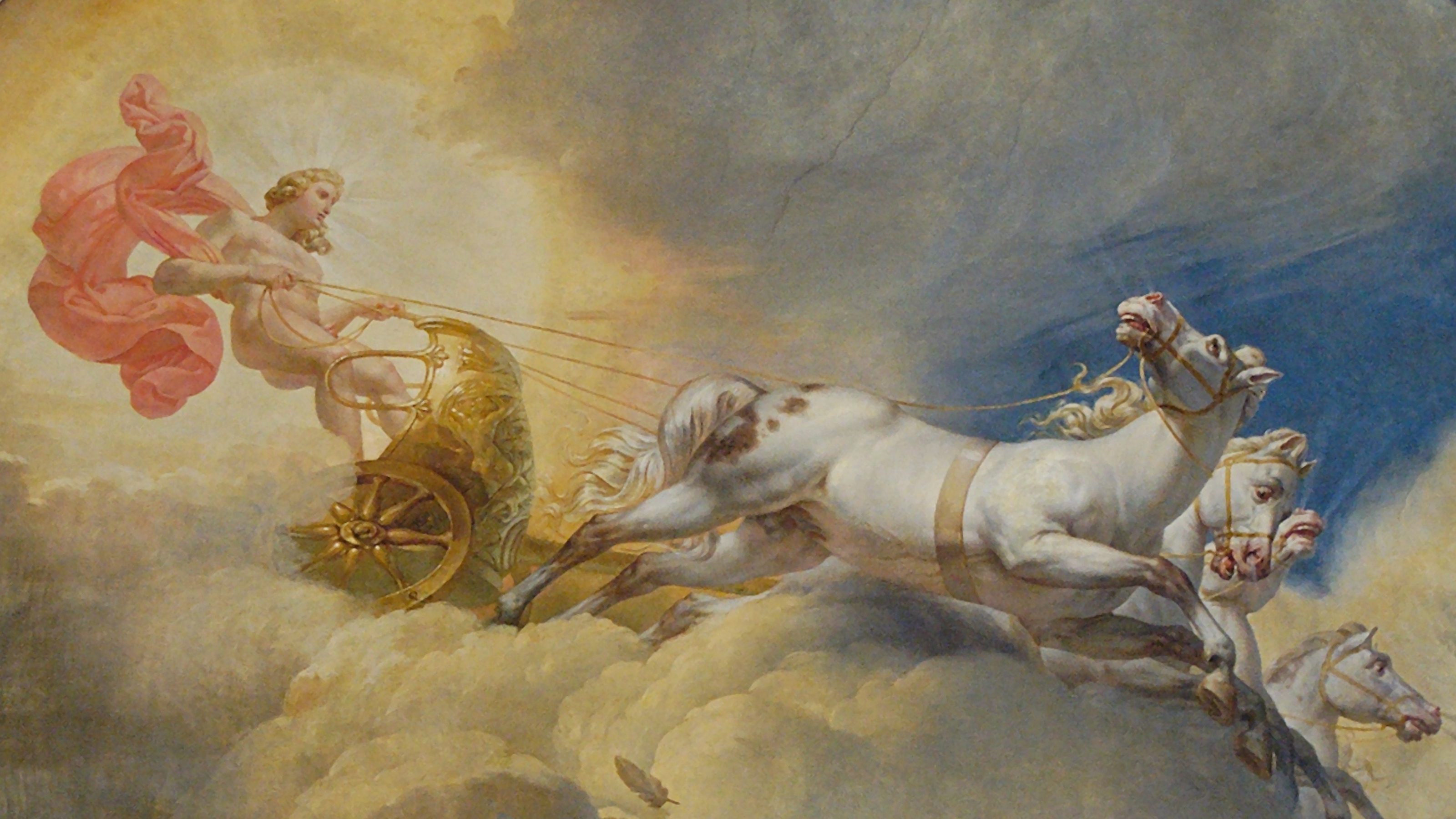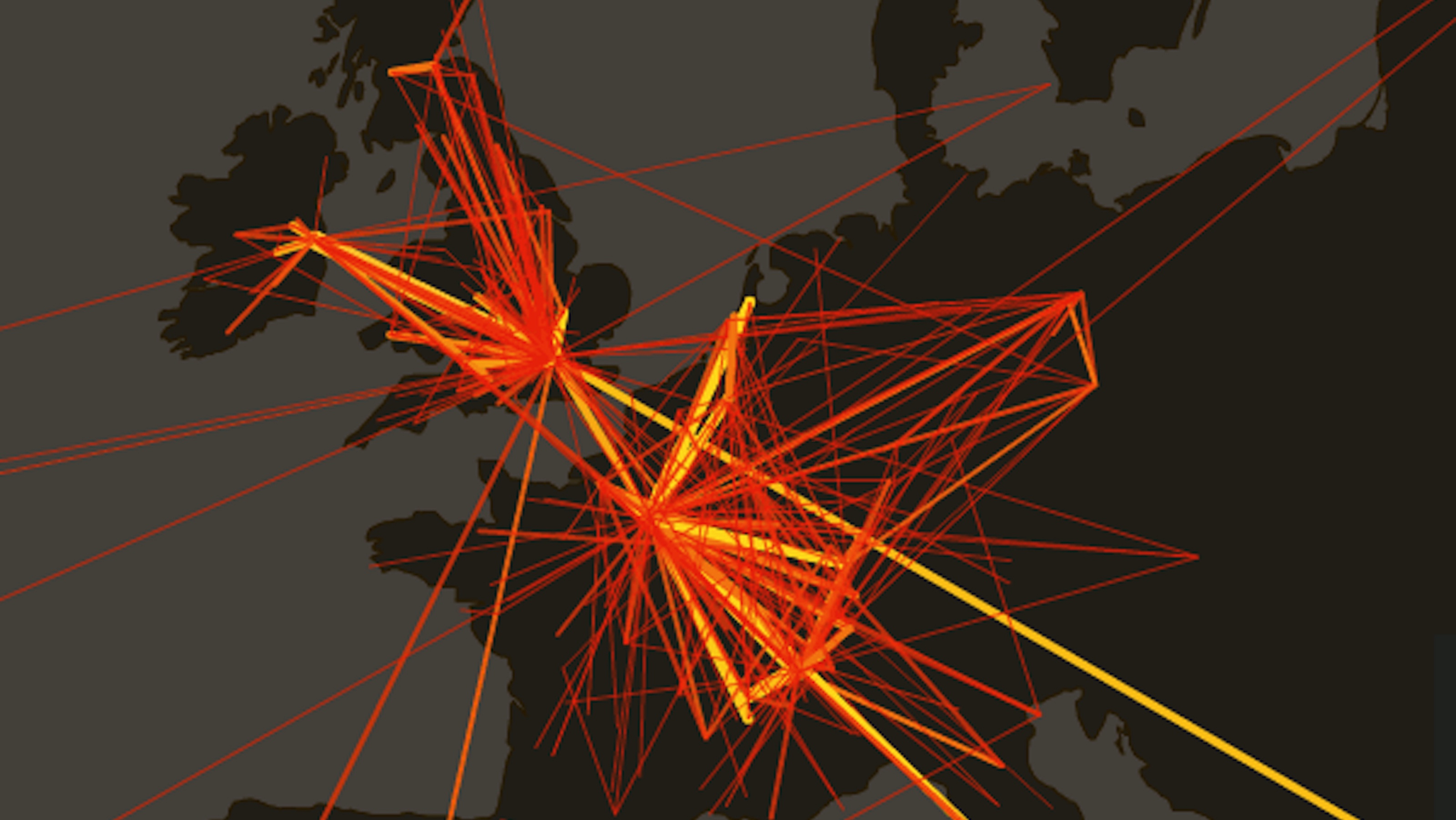Princeton historian Sean Wilentz says that from a historical perspective the rise of Donald Trump signals the end of the Republican Party as we know it — and a worrisome new politics.
Sean Wilentz: The Reagan coalition was based on an alliance between on the one hand small government for big business conservatives on the one hand and the kind of cultural resentments, especially among white working-class Americans, on the other. They held those together. It was a very reliable way for the Republican Party to retain national power. I think that's come unglued. It's come unglued for a variety of reasons, 2008 being one of them because the Republicans had not much to offer their working class followers except what, more tax cuts? Cut Social Security? Donald Trump understood that. That was one of the reasons that he was able to come in and take the nomination for himself.
He understood the class aspects of all of this in a way that the Republican establishment just did not. They were coming for all the old bromides and he came along and said no, no, no. He had the tax issues – but can we can even compromise on the tax stuff. Minimum wage, maybe not such a bad idea, but free-trade, free-trade, free-trade. I'm going to be the man who can make the deals. Now, that is not the typical Republican establishment or even typical Republican line.
So he was able to move to the left, if you will. So he's on the left of the Republican Party, he's more like Bernie Sanders in many ways on some issues than he is like in the Republican Party. And at the same time he's doing all the xenophobia, the racism and all of that. So where is the center to all of that? I don't know, which is really what makes him I think, and this is where the Clinton people have to be very concerned, it makes him a very unpredictable candidate. It makes him very difficult to gauge. You kind of knew what you were getting with, certainly if Jeb Bush had gotten the nomination or if Ted Cruz had gotten the nomination, two very different people, you kind of knew what was there. With Trump, who changed position that he held at 9:00 in the morning with great fervor, can change it all by 4:00 in the afternoon. I mean this makes it – we're not dealing in a fact-based universe here, we're dealing in reality television. It's something that no political consultant I think has quite figured out.
If he becomes president will he be able to do everything that he says he's going to do? No. We do still have a constitution. If he suspends the constitution, as you might imagine in some fantasy, we were under great attack or something and he suspends the constitution, then there we have a crisis that we've never faced as a country before except possibly in the case of secession in 1860 to '61 where that was a constitutional crisis that ended up in with 750,000 a military dead. I don't want to go through that again.
But can Trump do whatever he wants as president? Can he become a dictator? Only by suspending the constitution of the United States. Under the constitution of the United States there are plenty of checks and balances on him. Not as much as you might like it though, from the military he is commander and chief so it would be a crisis presidency.
Every time you get one of these movements, and again, they've occurred before in American history. There's always an argument that somehow somebody has taken America away from Americans and we're going to try to bring it back, take it back from them and restore what was. That happen with the federalists in the 1800s with unnaturalized immigrants; it happened in the 1850s with Irish immigrant and Catholic immigrants and German Catholic - Irish and German Catholic immigrants, and it's happening now. Something terrible has been taken away and they're trying to bring it back. It's appealing to people's fears, it's appealing to people's sense of that they no longer count. It's appealing to people's sense of their resentments and grievances. But we've seen that before as well. I mean there's nothing new about any of this.
Interestingly it's usually a sign or it's been a sign of a political party that's about to crack up and that certainly happened in 1800, it happened in the 1850s. The 1920s and 30's the old guard and the republican party that brought back the economics that led to the great depression, they too were being buoyed up by resurgence of nativism, which led to a law in 1924 that mostly restrictive immigration from abroad. In all three cases the parties either collapsed entirely or they were marginalized. The Republicans didn't elect a president from Franklin Delano Roosevelt coming in in 1932 until 30 years later and the president they elected in 1952, Dwight Eisenhower, basically ratified a new deal consensus. So this making America great again usually means that a party is about to fall under great pressure. It's going to if not collapse entirely it's going to disintegrate or be pushed to the margins.





